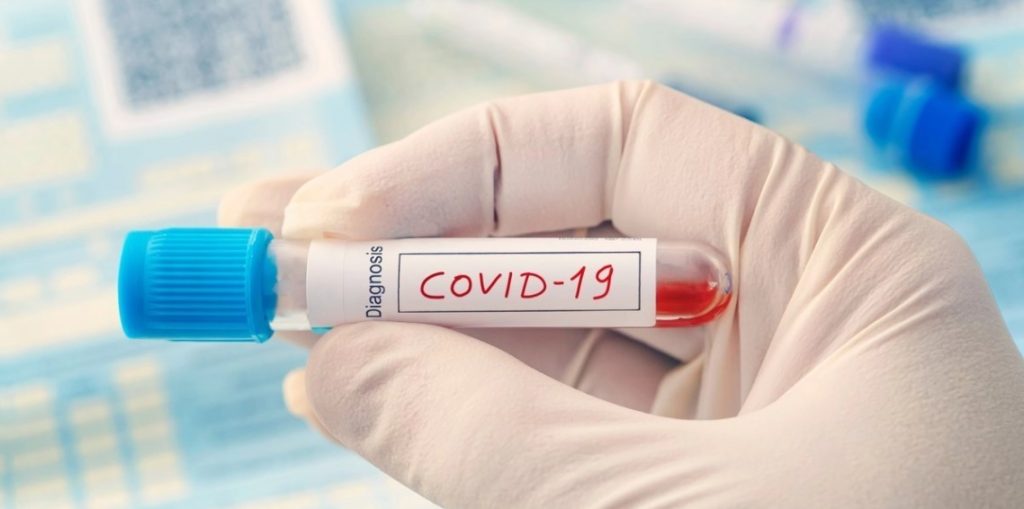Order of COVID-19 infection and vaccination matters
Others are reading now
A recent study from Rigshospitalet and Herlev and Gentofte Hospital i Denmark sheds light on how the immune system has responded to the coronavirus during the pandemic, particularly concerning the sequence of infection and vaccination. The findings could guide future strategies for protecting society against the virus.
The study, published in the journal Nature Communications, reveals that the order in which one experiences COVID-19 infection and vaccination is crucial.
“If you’ve been infected with COVID-19 before getting vaccinated, you are more protected afterward than if you’ve only received the vaccine,” says Peter Garred, the study’s lead researcher and a professor of clinical immunology at the University of Copenhagen.
Also read
Garred elaborates that an individual’s response to the vaccine also plays a significant role.
“If you have a low response to the vaccine, meaning your level of antibodies is low—regardless of whether you’ve been infected before—the likelihood of getting infected with COVID-19 again is considerably higher,” he explains.
Antibodies are molecules in the body that attack viruses to which the body is exposed. Another discovery from the study is the relationship between infection with the original Wuhan variant and reinfection with the Omicron variant.
“If you were initially infected with the Wuhan variant and then get reinfected with the Omicron variant, your immune response is weaker than those who have only been infected with the Omicron variant,” Garred adds.
He notes that this is because the immune system becomes fixated on the first coronavirus variant one encounters. When exposed to a new variant, the immune system struggles to recognize and respond as effectively. This phenomenon, known as “immune imprinting,” could impact how well we are protected against new COVID-19 variants in the future.
The study’s findings have significant implications for vaccine development and adapting vaccination strategies moving forward. The research is based on data from approximately 3,000 hospital employees who have had blood tests during the pandemic to monitor their immune response to SARS-CoV-2 infections and vaccines.


